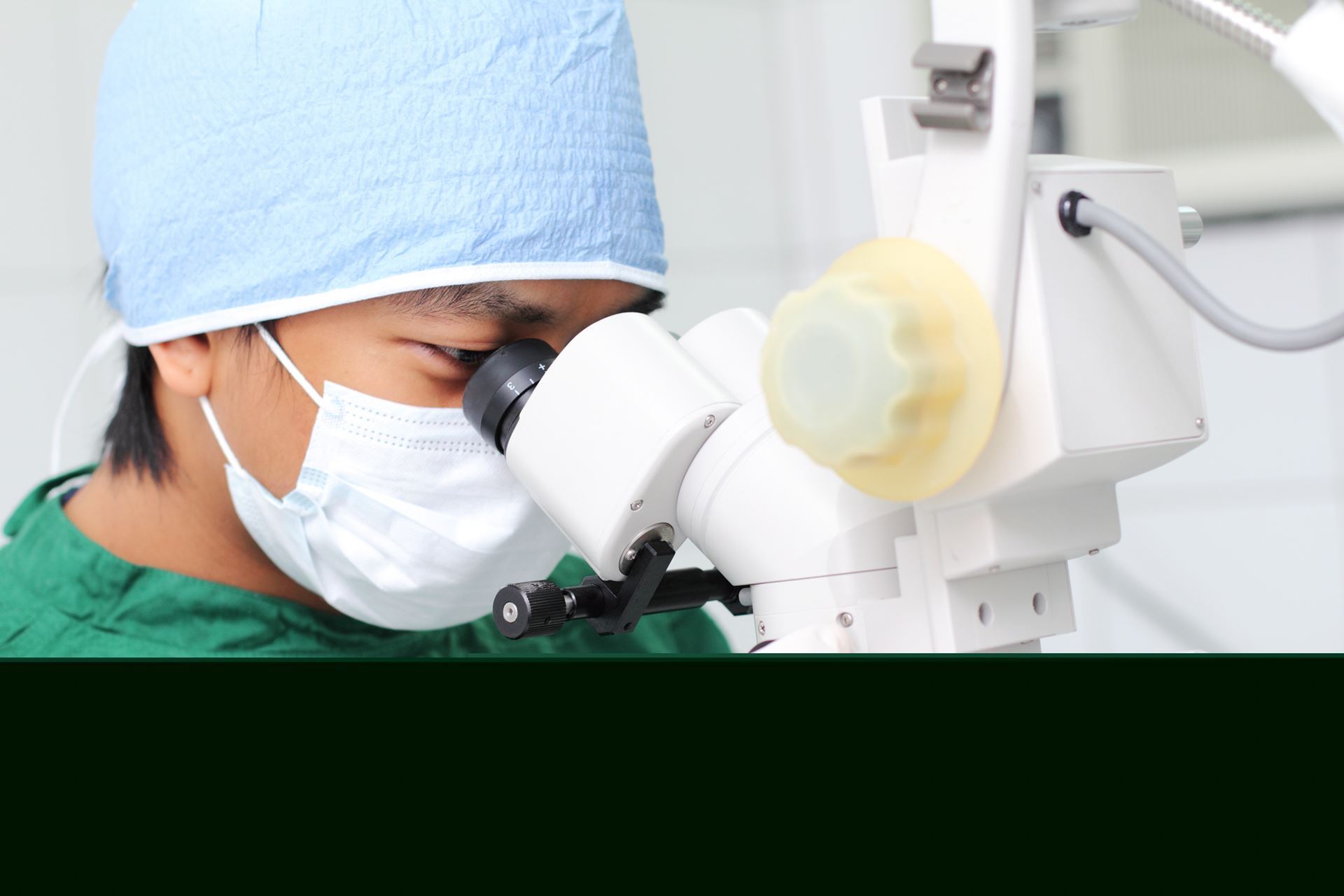

NEW YORK STATE OPHTHALMOLOGICAL SOCIETY
- Home
- For the Public
- The 3 O's of Eye Care
The 3 O's of Eye CareOphthalmologistA physician - Doctor of Medicine or Doctor of Osteopathy - who specializes in the refractive, medical, and surgical care of the eyes and visual system and in the prevention of eye disease and injury. The ophthalmologist has completed four or more years of college premedical education; four or more years of medical school; and four or more years of residency, including at least three years of residency in ophthalmology. The ophthalmologist is a specialist who is qualified by lengthy medical education, training, and experience to diagnose, treat, and manage all eye and visual system problems and is licensed by a state regulatory board to practice medicine and surgery. The ophthalmologist is the medically trained specialist who can deliver total eye care: primary, secondary, and tertiary care services (i.e., vision services, spectacle and contact lens prescriptions, eye examinations, medical eye care, and surgical eye care), diagnose general diseases of the body, and treat ocular manifestations of systemic diseases. OptometristA health service provider who is involved primarily with refractive problems. Optometrists are specifically educated and trained by an accredited optometry college in a four-year course, but they do not attend medical school. They are state licensed to examine the eyes, determine the presence of refractive problems, correct refractive problems with glasses or contact lenses, and to detect and manage limited ophthalmic medical eye disease. OpticianA professional who makes, verifies, delivers, and fits lenses, frames, and other specially fabricated optical devices and/or contact lenses according to prescription for the intended wearer. The optician's functions include prescription analysis and interpretation; determination of the lens forms best suited to the wearer's needs; preparation and delivery of work orders for the grinding of lenses and the fabrication of eye wear; verification of the finished optical products; and adjustment, replacement, repair, and reproduction of previously prepared lenses, frames, and other specially fabricated optical devices. Choosing an eye care provider can be confusing and it is therefore important that members of the public understand the difference in education, training and credentials, and the types of services in which each specializes. The National Consumers League, the nation’s oldest consumer organization, offers advice on its website about choosing the correct professional for your individual needs. |
